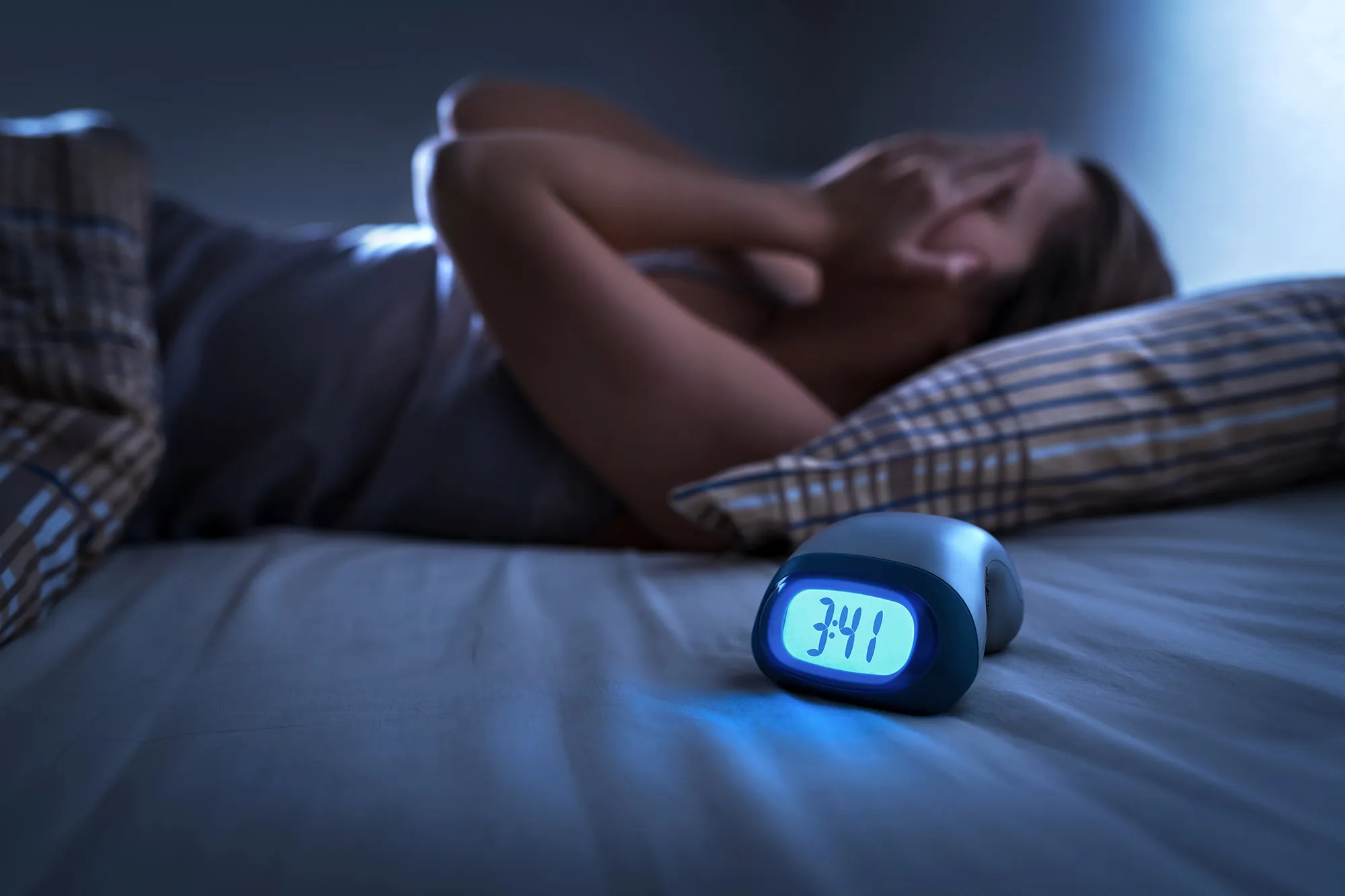Why Sleep Matters for Mental Health
Sleep and mental health are deeply connected. Poor sleep can worsen symptoms of anxiety, depression, and even psychosis. On the other hand, restful sleep helps regulate mood, improve concentration, and manage emotional stress.
Mental Health Conditions Linked to Sleep Problems
- Depression: Poor sleep worsens low mood and feelings of hopelessness.
- Anxiety: Insufficient rest increases worry and tension.
- Bipolar Disorder: Irregular sleep patterns can trigger mood episodes.
- ADHD: Poor sleep reduces focus and increases impulsivity.
How to Improve Sleep for Better Mental Health
- Set a consistent sleep schedule – Go to bed and wake up at the same time daily.
- Limit screen time before bed – Blue light from devices disrupts melatonin.
- Avoid caffeine late in the day – It interferes with falling asleep.
- Create a calming bedtime routine – Reading, warm showers, or breathing exercises.
- Seek professional help – If insomnia persists, a psychiatrist can help address underlying causes.
What If You Still Can’t Sleep?
Persistent sleep issues may be a symptom of an underlying condition. Don’t ignore it—talk to a specialist. Cognitive Behavioral Therapy for Insomnia (CBT-I) is one of the most effective, non-medication-based treatments.
Meet Dr. Hussein Omar – Psychiatrist in Abu Dhabi
If sleep problems are affecting your mental health, consult Dr. Hussein Omar at London Consulting Medical Center. As a top consultant psychiatrist in Abu Dhabi, he offers a personalized approach to improving sleep and well-being.
📍 Location: London Consulting Medical Center, Abu Dhabi
📞 Phone: (+971) 058 582 2510
📧 Email: info@drhusseinomar.com
🌐 Website: drhusseinomar.com
